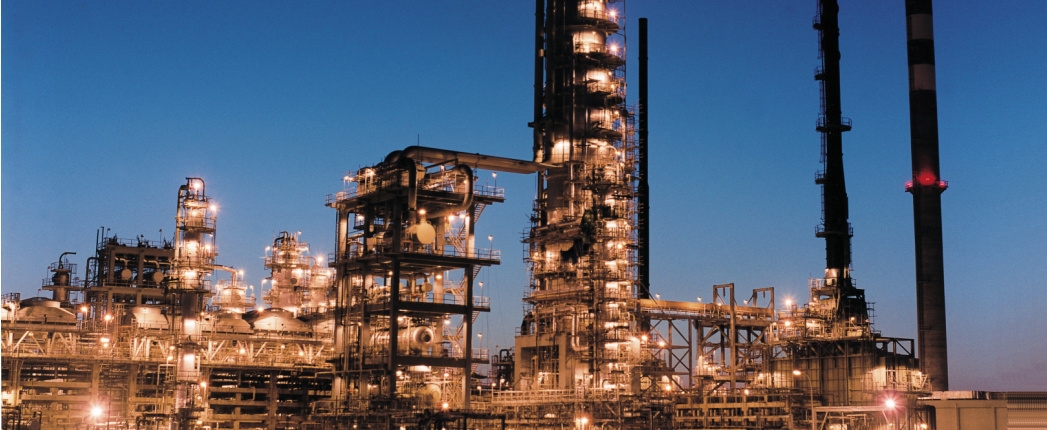
Luberef has contracted to increase the amount of feedstock supplied to its base oil plant in Yanbu’al Bahr, Saudi Arabia – a change that will boost base oil output by nearly 100,000 metric tons per year, the company announced recently.
Formally known as Saudi Aramco Base Oil Co., Luberef disclosed on May 29 that amended its supply agreement with parent company Saudi Aramco to provide the plant with an addition 5,000 barrels per day of reduced crude oil, beginning this month. The notice said the increased throughput will enable the plant’s production of Group II base oils to increase by 88,000 t/y and its production of bright stock to swell by 5,000 t/y.
The company did say if it considered this an increase in the plant’s capacity or just bringing production closer to capacity. The plant’s output has been steadily rising, according to a prospectus that Luberef published last year for an initial public stock offering. The plant has capacity to make 708,000 t/y of Group II and 175,000 t/y of Group I.
Luberef, which also operates a smaller Group I plant in Jeddah, Saudi Arabia, gets all of its feedstock from Aramco, which owns 70% of the company’s stock. The feedstock is reduced crude oil, which is crude oil that has gone through at least one distillation phase of refining. The current supply agreement for the Yanbu refinery, which dates to 2021, has been for 45,000 b/d.
Base oil production is the main purpose of the Luberef plants, but they also make several by-products, including slack wax, asphalt, marine heavy fuel oil and ultra-low-sulfur diesel.
Luberef has said that intends to expand the Yanbu plant. Funds for the IPO, which sold the 30% of company stock that was owned by Jadwa Investments, were to be used to increase capacity by 230,000 t/y and to enable it to make Group III oils. The first phase of the project is scheduled to come onstream in 2025.
The Yanbu plant is already the second-largest base oil source in the Middle East, after the Pearl gas-to-liquids joint venture between Shell and Qatar Petroleum in Qatar. That facility has capacity of 1.4 million t/y.